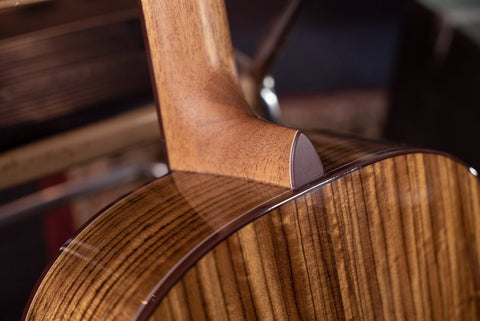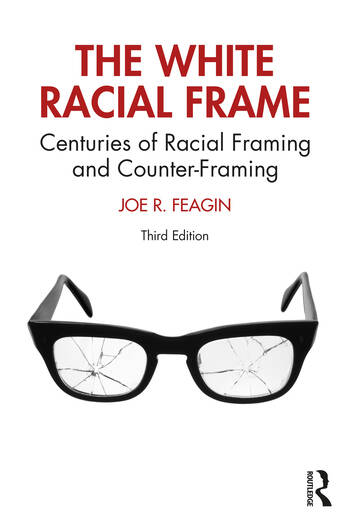

- #Nature knows no color line book we are not africans plus
- #Nature knows no color line book we are not africans series
#Nature knows no color line book we are not africans plus
Soho Rep is one of just a few small independent theaters operating and producing work in their own space in New York City, and their Project Number One, which ran through the 2020–’21 season, placed eight theater artists on staff, giving them a salary of $1,250 per week, plus health insurance - a novel undertaking in its own right. The book is the result of Olujobi’s tenure as one of the eight artists chosen to be part of Soho Rep’s Project Number One. This effort comes in the form of a book, titled No Play, published this summer by playwright Ife Olujobi. One of the most recent efforts exemplifies a prominent new method, and also does a remarkable job of teasing out the complexity of the different economies and networks that contribute to artistic production. But the past year and a half has brought more people to the table than ever before, increasing the urgency and shifting some of the methods being used. Artists have been agitating and organizing around these inequities for decades now, often in small, targeted cohorts.

In addition to job insecurity and endless demands for unpaid labor, the obvious lack of equity in the arts at all levels - whether it be underrepresentation of BIPOC artists and leaders, the staggering lack of class diversity (which ties into who can choose the arts as a career to begin with), or the dearth of opportunities and resources for disabled artists and audiences - is a problem so longstanding that it’s impossible to point to an origin date.

While the onset of the pandemic was the immediate crisis that sparked these calls for an end to the broken relationship between artists and the institutions that commission, exhibit, produce, and/or distribute their work, countless conflicts were already deeply entrenched by that point. There is literally no job protection for us. And I know every single independently contracted worker/artist is going through the same shit right now. An Instagram post by choreographer and dancer Miguel Gutierrez on March 21, 2020, touched a nerve with its call for those in leadership to recognize the position they were putting artists in:Īren’t you still getting paid? You got paid while we sent all those emails back and forth to organize this gig. To top it off, they were not yet eligible for unemployment, nor was it clear they ever would be. The group started to coalesce through social media posts and conversations, primarily among dancers and choreographers commiserating with one another over suddenly losing most, if not all, of their income as COVID-related cancellations flooded in. poe, Brian Rogers, Michael Sakamoto, Karen Sherman, Amy Smith, and Tara Aisha Willis, was one of the first instances of collective refusal that caught my attention. The Creating New Futures project, initiated by Yanira Castro, Laura Colby, Sarah Greenbaum, Emily Johnson, jumatatu m. Not surprisingly, those who perform live in front of audiences were the ones whose disaffection peaked the earliest. It feels like an appropriate metaphor for what’s been happening over the past year and a half for many people who make their life in the arts.
#Nature knows no color line book we are not africans series
It’s a death by a thousand cuts - a slow and steady series of adjustments you don’t even realize you’re making until something happens to show you just how far you’ve twisted yourself up in order to hold on to the thing you thought you wanted. I CAN’T REMEMBER when I first heard it, but I’ve carried in the back of my mind for a long time the idea that a marriage often has to get truly horrible before it ends in divorce, particularly for those with a deep investment in the institution as an attainment or life goal.


 0 kommentar(er)
0 kommentar(er)
